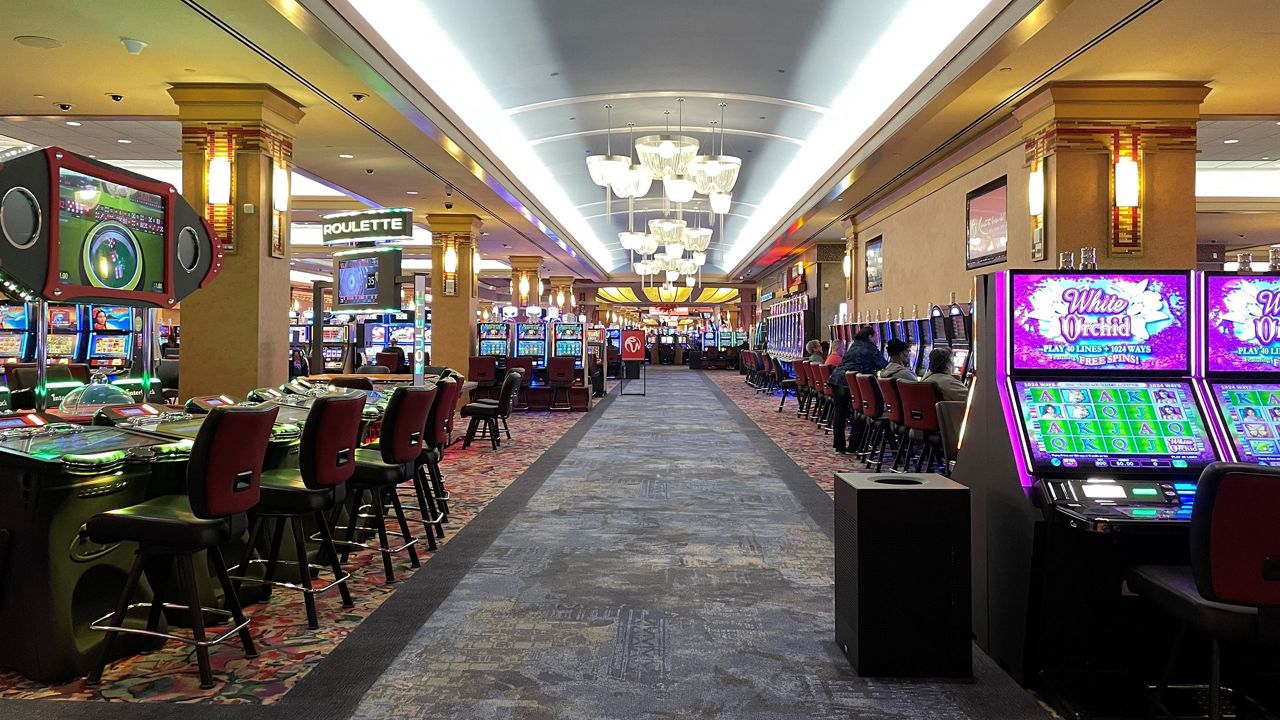When we think of casino activities, the initial images that frequently cross our minds are those of rotating wheel wheels, poker tokens clinking on felt surfaces, and cubes rolling across a gaming surface. While many view these activities as simple hobbies fueled by luck, a deeper exploration reveals a fascinating blend of tactics, skill, and community engagement that elevates them far beyond simple chance. Regardless of whether you are a experienced player or a curious newcomer, grasping the nuances of these activities can significantly enhance your experience and understanding.
Casino games have evolved over centuries, with various cultures contributing to their diverse histories and different forms. From the intricate tactics of 21 to the deception tactics in card games, players engage in a battle of wits as much as a risk on numbers. This exciting interplay between luck and skill creates a exciting atmosphere that draws countless people to casinos worldwide. As we explore the realm of table activities, we will uncover the strategies that can shift the odds in your favor and the social elements that make these games a popular choice for entertainment and interaction.
The Strategy of Table Games
Casino games often combine a mix of ability and chance, making them intriguing for participants who enjoy a test. Each game has its unique set of guidelines and strategies that can affect the results. For instance, in titles like blackjack, participants are required to use tactics like counting cards and grasping the odds to make informed decisions. suletoto This expertise can significantly improve their victory potential, differentiating seasoned players from novices who may depend entirely on luck.
In contrast, titles such as roulette may appear to be purely based on chance, but strategic thinking can also come into play. Players can select between various wagering strategies, such as the Martingale system, where they increase their bets after a loss. This method can create a more controlled way to the game. Understanding the probabilities of specific bets can also help participants make better decisions on the table, showcasing that even in games of chance, tactics can enhance the experience.
Additionally, poker stands out as a game that strongly focuses on tactics. Unlike most casino games, the game of poker merges skill, mental acuity, and luck. Participants must not only focus on the cards they are dealt but also take into account their rivals’ behavior and wagering patterns. Mastering concepts like table position, the odds of the pot, and reading bluffs is essential for success. This complexity of strategy in poker often creates to a more engaging experience for players, where the choices and skills greatly affect the game’s results.
Comprehending Probability and Odds
In the realm of casino games, probability and ratios play a vital role in deciding a gambler’s possible outcomes. Every activity has its own set of rules that define how the chance of succeeding or losing is measured. For example, in games like 21, players have a chance to influence their odds through planning, whereas in games like roulette, the results are entirely governed by chance. Grasping how these probabilities are calculated can greatly affect how a gambler approaches the game.
Ratios are typically presented in two forms: fractional and numeric. Ratio odds show the ratio of the amount won to the sum staked, whereas numeric ratios show the overall payout for a winning bet, including the stake. For example, if a match has ratios of 5 to 1, this means that for every one unit staked, a gambler could win five dollars if they win. Understanding how to interpret these odds allows players to assess their potential winnings and formulate more wise decisions during play.
Gamblers should also be conscious of the house edge, which is the casino’s inherent advantage over the players. Each match has a distinct advantage, and understanding this concept is important for controlling one’s hopes and funds. Activities with a lower advantage, such as 21 and chemin de fer, typically offer superior ratios for players compared to activities like slot machines and keno. By understanding the connection between chance, ratios, and the house edge, gamblers can improve their gaming engagement and strategize more efficiently.
The Exciting Aspect of Table Gaming
Casino games at casinos are often seen as a hub of community engagement, bringing players together in a shared experience that extends far past the mere act of gambling. The atmosphere at a blackjack table can be electric, with gamblers engaging not only with the game itself but also with one another. Laughter, excitement, and, occasionally, friendly banter create connections that improve the overall experience of the gaming experience. This communal aspect can turn a alone endeavor into a dynamic social event, making table games particularly appealing.
One of the fascinating elements of gaming at tables is the way it cultivates friendship among participants. Whether it’s collaborating to defeat the dealer at a dice table or sharing stories between hands in a poker game, the environment encourages communication. Players often share tips or tactics, creating a sense of community that enhances the fun. This interpersonal atmosphere can make new players feel welcomed and less daunted by the competitive nature of casino games. As the game continues, friendships may form, leading to a sense of belonging that keeps players returning to the table.
Moreover, the social aspect of gaming at tables extends beyond just the participants. Casino staff play a vital role in encouraging interaction and maintaining the flow of the game. Their ability to engage gamblers with warm dialogue and their expertise in running the table can create an inviting atmosphere. This connection between participants and staff adds another layer of enjoyment, where gamblers feel bonded not only to one another but also to the staff. Such interactions are often what make the experience memorable, as players leave with stories to tell and connections made, reinforcing the notion that gaming at tables are truly about something greater than luck.
